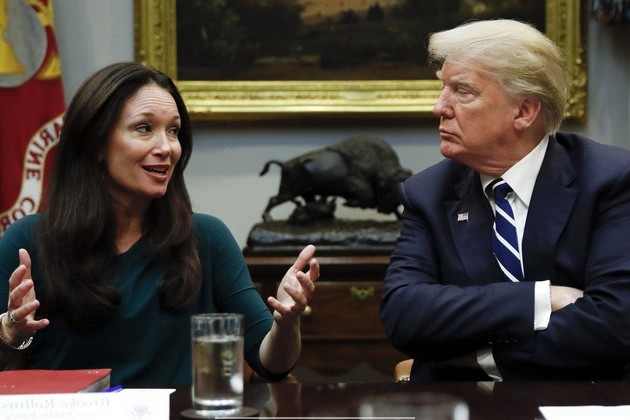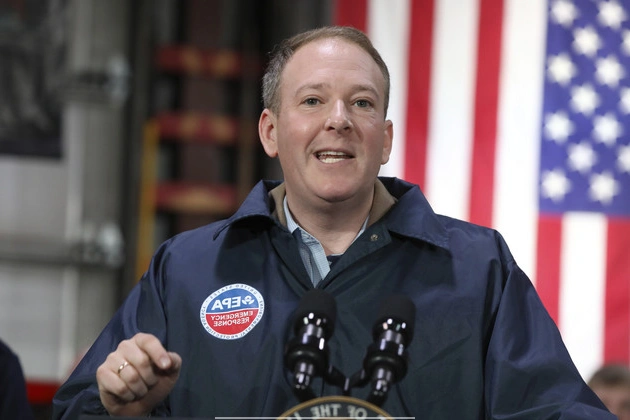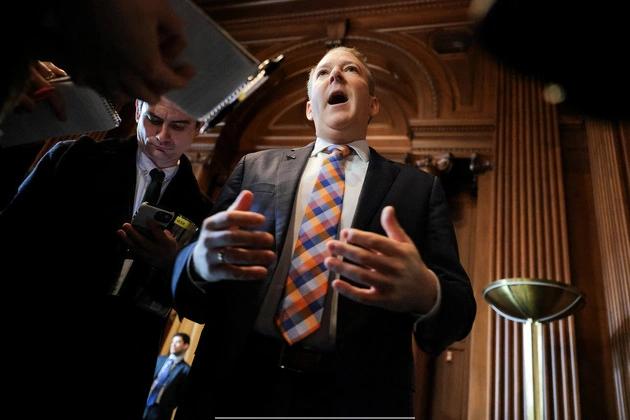
USDA Climate Change Controversy: Scrubbing Climate References from Websites
Agriculture Department employees have been ordered to delete landing pages discussing climate change across agency websites and document climate change references for further review, according to an internal email obtained by POLITICO.
Controversy over Climate Change References
The directive from USDA’s office of communications, whose authenticity was validated by three people, could affect information across dozens of programs including climate-smart agriculture initiatives, USDA climate hubs, and Forest Service information regarding wildfires, the frequency and severity of which scientists have linked to hotter, drier conditions fueled by climate change. And it is reminiscent of moves made during the first Trump administration to remove references to climate change from federal government websites.
The email sent Thursday afternoon calls on website managers to “Identify and archive or unpublish any landing pages focused on climate change” and “Identify all web content related to climate change and document it in a spreadsheet” for the office to review. It set a Friday deadline for handing over titles, links, and “your recommendation on how the content should be handled.”
Impacts on Agriculture Programs
The action comes as funds for clean energy and agriculture programs remain in limbo amid a federal spending review ordered by the Office of Management and Budget. The Trump administration has pushed to halt and reverse spending from the Inflation Reduction Act and Infrastructure Investment and Jobs Act, which provided billions of dollars for wildfire management, clean energy investments, and credits to store carbon dioxide that benefit rural communities USDA serves.
A spokesperson for USDA did not immediately respond to a request for comment.
In the first Trump administration, officials buried government-funded research that showed the impacts of climate change on American farmers, including issues like volatile weather and increased levels of carbon dioxide in the atmosphere. In 2019, USDA also refused to release a multiagency plan to help farmers respond and adapt to a changing climate.
Ongoing Battle over Climate Funding
As of Friday, some landing pages remained active, such as for USDA Climate Hubs, a cross-agency effort to address and adapt to climate change. Others already appeared mothballed, like a page on USDA’s Partnerships for Climate-Smart Commodities.
Extreme weather events just in the last few years have devastated the entire peach crop in Georgia, flooded farms in North Carolina, and a disease called citrus greening — made worse by climate change — has led to sharp declines in Florida’s famed citrus crop. Smoke from wildfires in the West has ruined fields of grapes, and drought has forced ranchers to shrink their cattle herds.
The USDA instructions also come as California recovers from wildfires that could amount to the costliest natural disaster in U.S. history, which scientists said climate change exacerbated. The U.S. Forest Service is the primary federal agency for preparing for and mitigating wildfires.
Under former President Joe Biden’s Agriculture Secretary Tom Vilsack, USDA spent $3.1 billion on the Partnerships for Climate-Smart Commodities, working with private food companies, nonprofits, and universities to research ways for farmers to reduce their carbon footprint, develop more resilient crops, and restore land. But Trump’s executive order targeting climate spending in the IRA forced officials at USDA to temporarily pause funding disbursements through the program.
Under the IRA, Congress directed USDA to pay billions of dollars to farmers for conservation practices, including some that address climate change. But Trump’s Day 1 executive order aims to halt agency payments for major climate, energy, and infrastructure projects — and could jeopardize billions in payments as farmers prepare for planting season.















